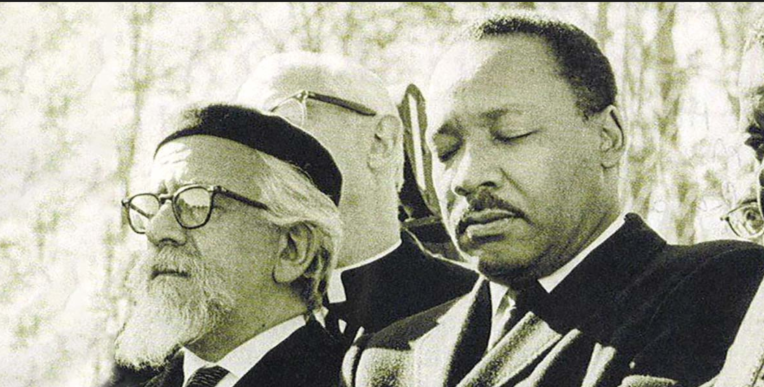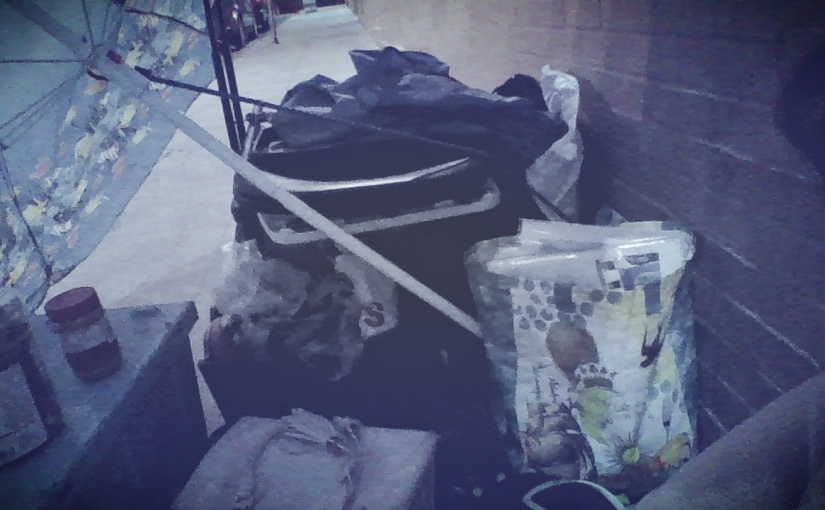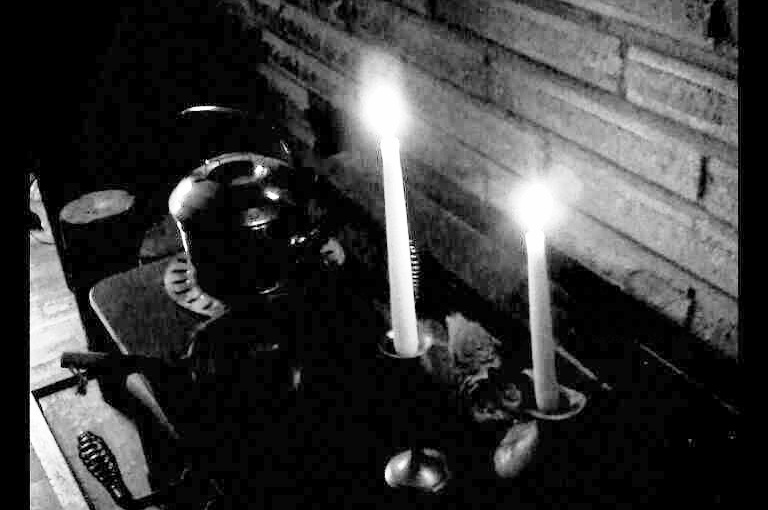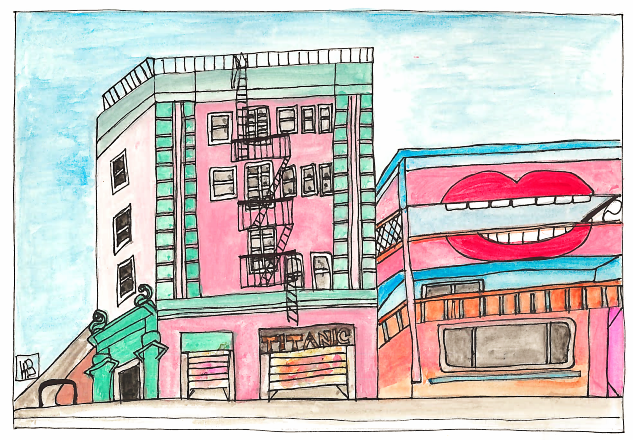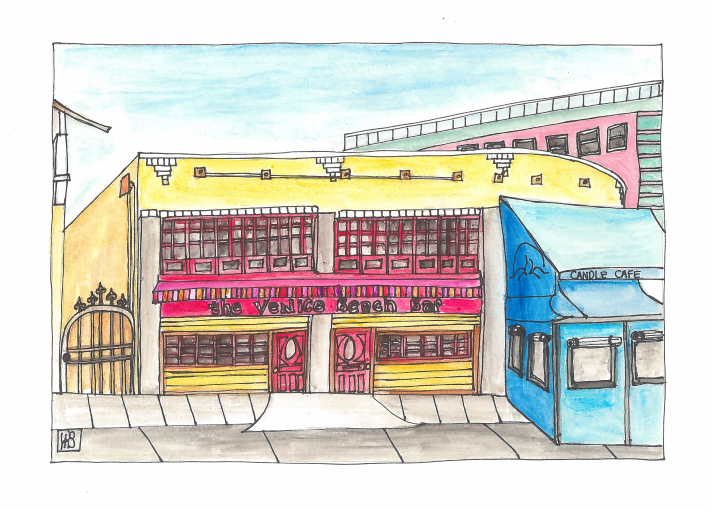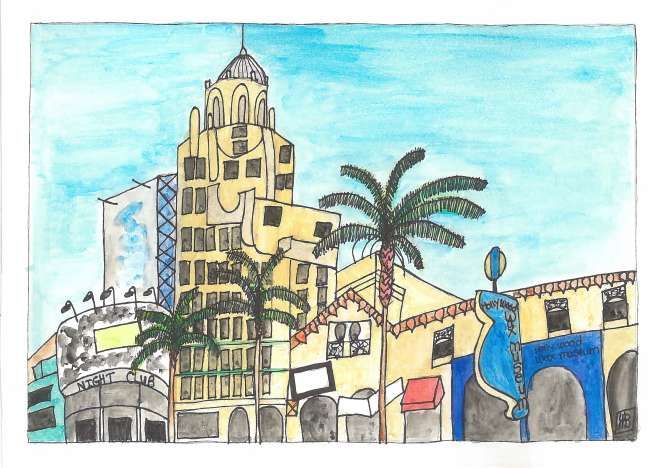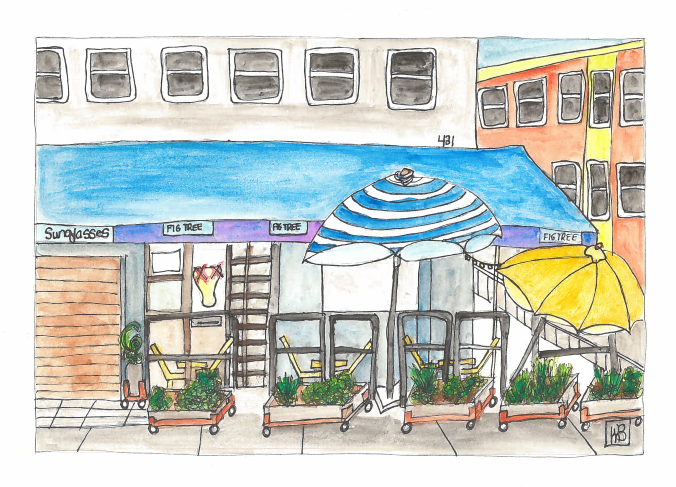After seeing a job posting for Amazon on Indeed, I applied for a job in one of their warehouses. At the time I had no idea what I was getting myself into as I had never worked for an organization that big. I learned a lot, both good and bad. In the end, Amazon will not have me as a customer, let alone an employee.
After filling out several online forms, I was ready for my job at a warehouse in Bellevue, Washington. I was to work at the first Amazon Fresh, the Amazon food delivery. For the first two weeks of work they had me in the “chill” department. It was a section of the warehouse kept at 38 degrees farenheit. Amazon provided large jackets and gloves to wear while working in this section. They also provided packaged hand warmers for extra warmth. I started there in November in Seattle, where the weather outside pretty much matched the temperature inside. Our schedule was for 10 hours a day. We worked 4 days on, 3 off. We spent the entire time walking on cement floors, which make your feet begin to ache after about 5 or 6 hours. I was living in my van at the time and it never seemed like I could get warm.
Working and sleeping in the cold eventually made me sick. I asked to be moved to the warmer department and was allowed to work their sometimes, but often I would be called back to chill. Several of my coworkers found themselves sick as well. Amazon does have a nice system where one can take a generous amount of time off if needed. Soon after I began working we had mandatory overtime as the holiday season was upon us. The job was so physically demanding all I could do on my days off was sleep. I asked my younger coworkers what they did on their days off and every single one of them said, “sleep.” My feet constantly hurt, even on my days off. I began to swim at the gym to loosen my muscles up, which helped a little.
As the holidays drew near, it began to snow outside. Towards the end of our shift we had to load the trucks with the totes of food which meant working in very cold conditions. One night I worked in chill, had to load totes while it snowed outside and then sleep in my van which did not have any heat. The wages that are paid the warehouse workers are just slightly above minimum wage, making housing a hard thing to come by. When I could I stayed in a modest motel to be warm and safe.
At the warehouse I worked in it was very difficult to get a hold of human resources if you had a problem, as our representative was not there during our shift. Amazon did however have a medical office for minor injuries or safety hazards. Having served on the safety committee at my union, I decided to join the safety committee at Amazon. The employees seem dedicated to making the workplace safe. There are numerous hazards working in a warehouse.
Things at Amazon are always in constant change as the company is always looking for ways to improve processes. As the weather began to warm up, temporary workers were hired to load the trucks with the totes and the regular workers no longer had to do so, eliminating having to work in the evening cold.
I made a lot of good friends at Amazon and for the most part everyone got along. Matt was one of my supervisors and let me pick the jobs I wanted to do for the day. He had a great sense of humor and made the job fun not only for me but for everyone around him. His younger brother worked in the warehouse as well and they were very close. One day my friend Camron said he wanted to walk back with me to my department. He seemed to insist. I agreed, but thought it was strange. As we walked past a bulletin board I saw a notice about Matt. He had committed suicide and there was a card to sign for the family. I was crushed. Having lost a lot of friends already, I dealt with it fine, but was sad. Amazon did provide counseling for those that wanted to take advantage of that service, which I did.
During my first months at Amazon I noticed that a coworker seemed to always be on my bus. I never took the bus at the same time each day. Sometimes I arrived right before shift and sometimes I arrived a couple of hours early so I could eat a meal and relax before our long shift. One day I decided to test him and I arrived 3 hours early. He was on my bus. I decided to complain to security. They did not seem to take it seriously and said there was nothing they could do about things that happened away from work. Having had a female friend murdered, I take being stalked seriously. One morning he showed up where I was having breakfast. At that point I went to Human Resources, but no one ever did anything. At the time I did not contact police because the man who was stalking me was homeless and I did not want to be responsible for someone losing their job. Had I a chance to do it over, I would call the police. He would also taunt me during the work shift. His harassment and stalking continued while I worked there. I felt Amazon did not care about the safety of female employees.
Amazon announced that the warehouse would be moving and the current warehouse would close in June. They offered a transfer to another warehouse or one could move to the new one. I wanted to attend school in southern California, so I asked for a transfer. I requested Los Angeles, but was offered a job in San Bernardino. I researched the distance to LA and found that the light rail went to downtown. I agreed to move and was promised $3,000 in relocation money. I researched the cost of housing in the San Bernardino area and found that it was plenty to make the move.
Upon arriving in San Bernardino I checked into a motel for a few days. I spent my time researching apartments and made a few appointments for dates that were after my first paycheck. I could take the bus to a distance about a half a mile away from the warehouse. It was summer in San Bernardino and some days were 110 degrees. By the time I reached the warehouse I was ready to pass out. I worked a few days and on the day my pay check was to go into my account, nothing was there. I went to Human Resources and they said it would come by check to the warehouse, even though I requested it to go into my account. My paycheck finally arrived but my relocation money was not included, as promised. After several phone calls I was told it could take several days. I told them it was not acceptable as I had moved from out of state and was told it would be on my first paycheck. They finally posted the money to my account, but when I checked I had only received $1600, when I had been promised $3,000. I was told I was given half that day and would receive the rest the next day. I was anxious to get a place to live as motels are expensive. The next day the money did not arrive. I called to find out what happened and they told me $1600 was all i was getting as the rest was taken out in taxes. This left me unable to rent an apartment. I was able to stay in the motel I started out in. I realized money was going to be tight and the bus was expensive, so I used some of the money to buy a bicycle to make sure I could make it to work every day.
My coworkers began to harass me about not living in an apartment. I was ganged up upon on a daily basis. The managers did as well. I spent the first 3 weeks of employment at that warehouse in Human Resources trying to stand up for myself for all of the things that were going wrong. Even though I had documented proof, I was always told nothing could be done.
My co workers continued to harass me on a daily basis in many shapes and forms. I was the only Jew in the warehouse that I knew of. I was also older than most of my coworkers, which had not been the case in Seattle. I felt like I was a walking target. I complained to managers, but nothing was done. I began going to HR, but nothing was done. I began to miss work as I could not take the harassment any longer. Then I was fired for missing too much work. I appealed the termination. At the meeting with the warehouse manager, he provided me a sheet of my attendance for the entire time I worked for the company. He stated that my attendance had been great until around the second week of August. I told him that is when the harassment began to get really bad. I told him I had made complaints to management and HR. I lost my appeal. I had one more recourse. That was to go to the ethics committee.
The ethics committee is an outside agency that Amazon hire. I told them my story in detail and it was determined that Amazon had wrongly terminated me. An HR manager was to help me find a job near Venice, where I eventually moved. I applied to openings but quickly was denied. I kept in contact with the HR manager and he kept telling me he would see what he could do. Losing my job had made me homeless and after a few months I realized Amazon was not going to do anything to help me and I gave up. So Amazon has left me homeless.
Nothing about working at Amazon, not the pay, not the location, not the perks made working there worth while. The company is so big that pursuing any legal action is pointless, leaving workers with no recourse. My advise to those left at the warehouse would be to unionize. As a union the employees have means to fight against things like that which was done to me in both Seattle and San Bernardino. Without a union, Amazon will continue to pay low wages and rob their employees of their rights.

